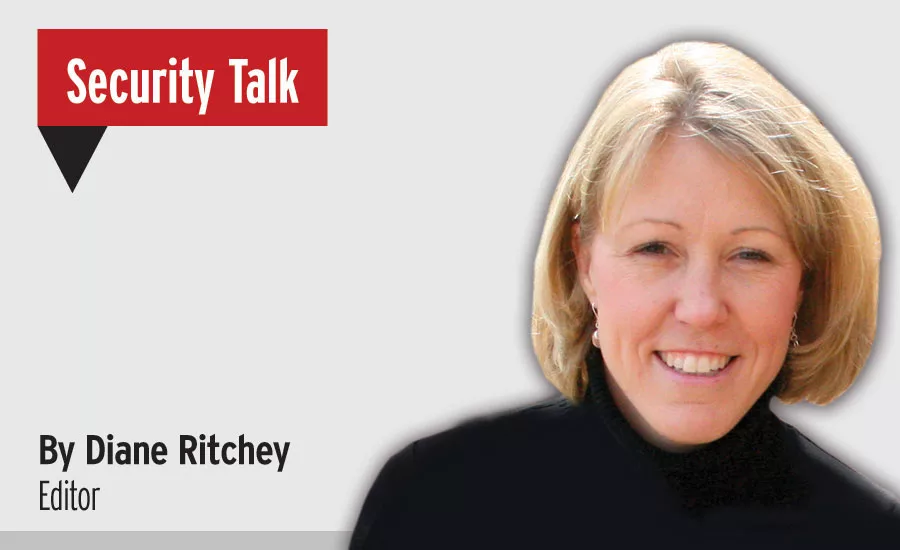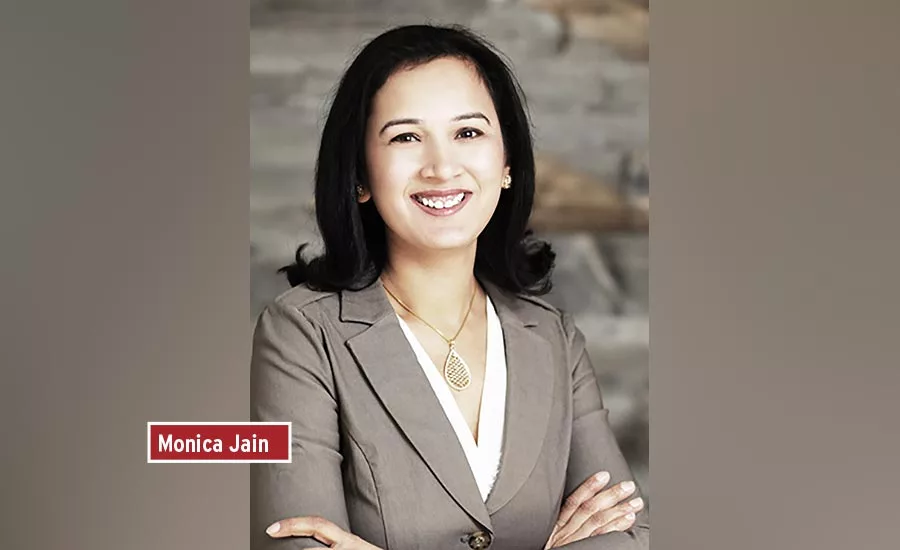Where Opportunity Knocks


It’s not working, but it can. Despite government and private sector efforts to retain more women in the global cybersecurity profession, women are sorely underrepresented in the industry. And the stagnation of women in the cyber workforce is noteworthy, says the 2017 Global Information Workforce Study: Women in Cybersecurity by Frost & Sullivan, because the cyber gap continues to grow. Attracting women to the workforce across all regions has the potential to shrink the workforce gap, but only if female executives can be attracted, hired and retained in sufficient numbers.
In addition, says the report, overall men outnumber women by a margin of approximately nine to one. And no where is this trend more notable than in the upper echelons of organizations where men dominate senior roles, including Directors, Executive Management, and the C-Suite.
Yet, there are a number of female executives who have broken the proverbial “glass ceiling,” including Monica Jain, who is chief product officer at LogicHub, and who has 15+ years of experience in security information management and cloud security. Her story is highlighted here.
Is there a particular sector that is more “welcoming” to female executives in security compared to others?
Female executives seem to be more welcome around sales and product management positions in security. If you move to the customer side, there are very few women in analyst or SOC lead roles. I mostly find women in security organizations at the top (CISO, VP level). Thinking of my network and say, 100 close customers - there are only around five women in that list and out of those, 75 percent are at exec-level positions.
STEM programs have made some strides, but why do challenges still remain?
I think women are becoming more educated around STEM, but there is still a way to go. It’s well known that women hold more than half of all professional occupations, but make up only 25 percent of the tech workforce. What I believe is lacking is an internal confidence among highly talented women who simply step back in their career with the fear that if they become too ambitious, it will affect their personal lives negatively. I believe this stems from the perception that it seems more culturally acceptable for men to sacrifice family for their career more than women. In order to overcome this, I believe we need to educate and encourage women that a successful career and a rich, personal family life is doable with proper time management skills and eliminating any non-productive activities.
What needs to be done to encourage more women in tech/cybersecurity? How will it best be accomplished?
If a woman is passionate about technology, she should be encouraged to pursue it as a career because women are equally as skilled as men. To accomplish this, women should serve as role models for their own kids, especially their daughters, and remind them if they are passionate about something they can undoubtedly achieve their goals. This doesn’t stop at women, however. Male figures, such as husbands, bosses, colleagues, and friends supporting women in their career goals is just as essential. Also, when hiring or promoting, the focus should always be on skills and results and never on gender. On the other hand, women should also be cautious about using the simplification of being passed over for a promotion because they are female. Personally, I have experienced if you are competent and demonstrate results at par with your peers, most managers will support you regardless of what gender you are. However, if your boss is not giving you the right attention despite your results, I would say they don’t deserve your service. You should quit the manager, not the career.
How did you become the CPO and co-founder of a company? Did anyone help you get this position?
My passion to help customers and interact with them directly naturally pulled me into product management and away from software engineering years ago. While coding, I always used to think, “Who is using this product and why? What problem are we solving for them and how can we make it easier, faster, more efficient?”
I also have a drive and passion to keep achieving the next goal and level in my career. At each stage, I told myself, “Do your best and don’t cut any corners, and you’ll achieve what you want.” This often required working odd hours, late nights and missing out on other social activities, but I knew there was no substitute for hard work and determination. Everything has a cascading effect from there.
In addition to the amazing managers and mentors I’ve had in my career, the one group I really give a lot of credit to are my customers. Over the years, I’ve met and established many lasting relationships, 95 percent of which are with male clients. Customers were a tremendous help in validating our business need, giving me valuable insights and advice, and encouraging me along my journey. Many of them also acted as references when we were fundraising. I could not have gotten where I am today without these incredible customers, and for that I’m eternally grateful.
Looking for a reprint of this article?
From high-res PDFs to custom plaques, order your copy today!





